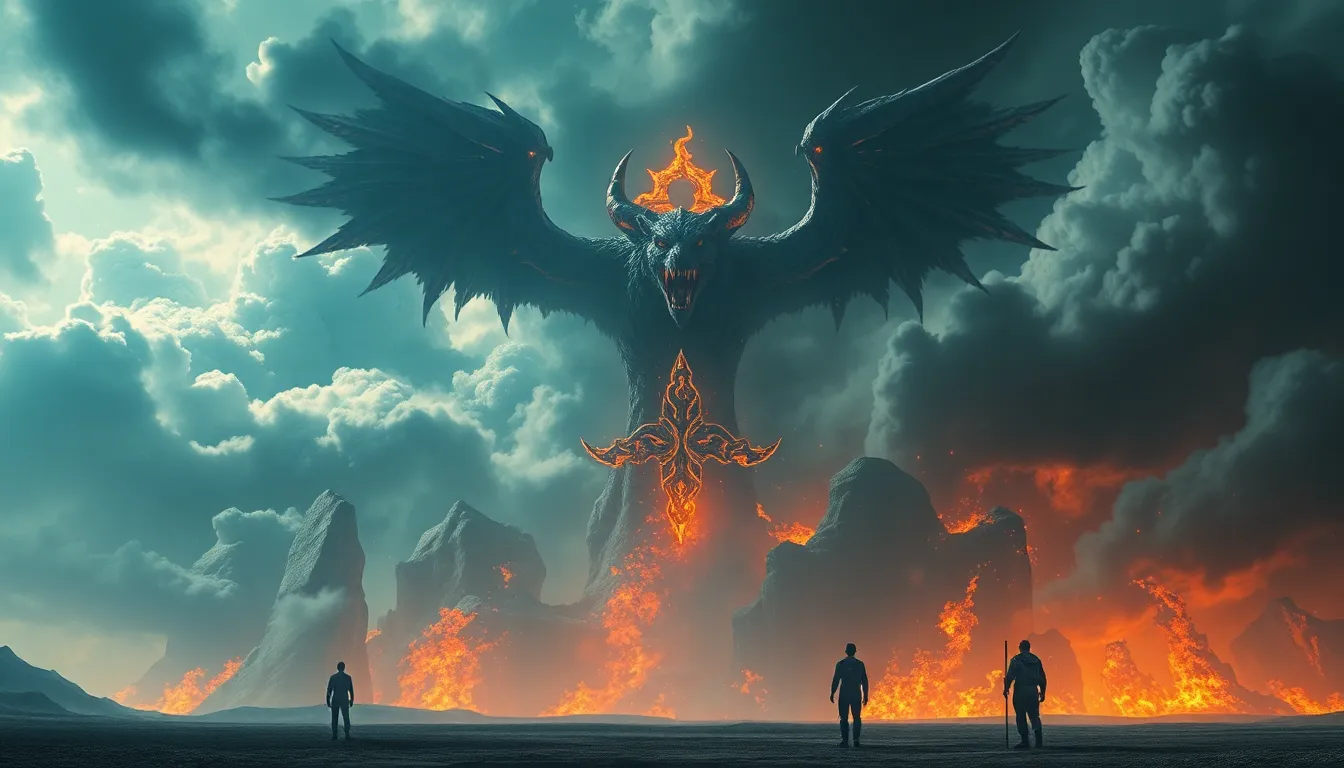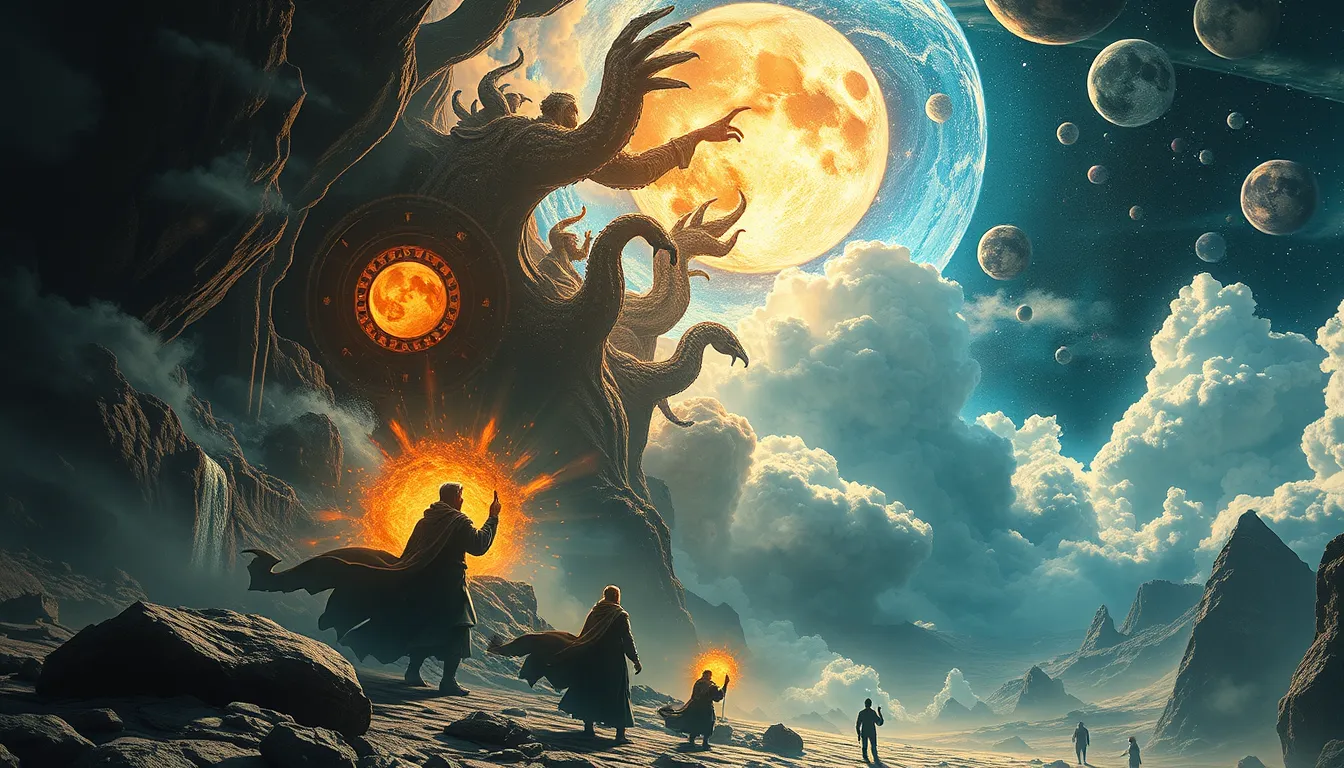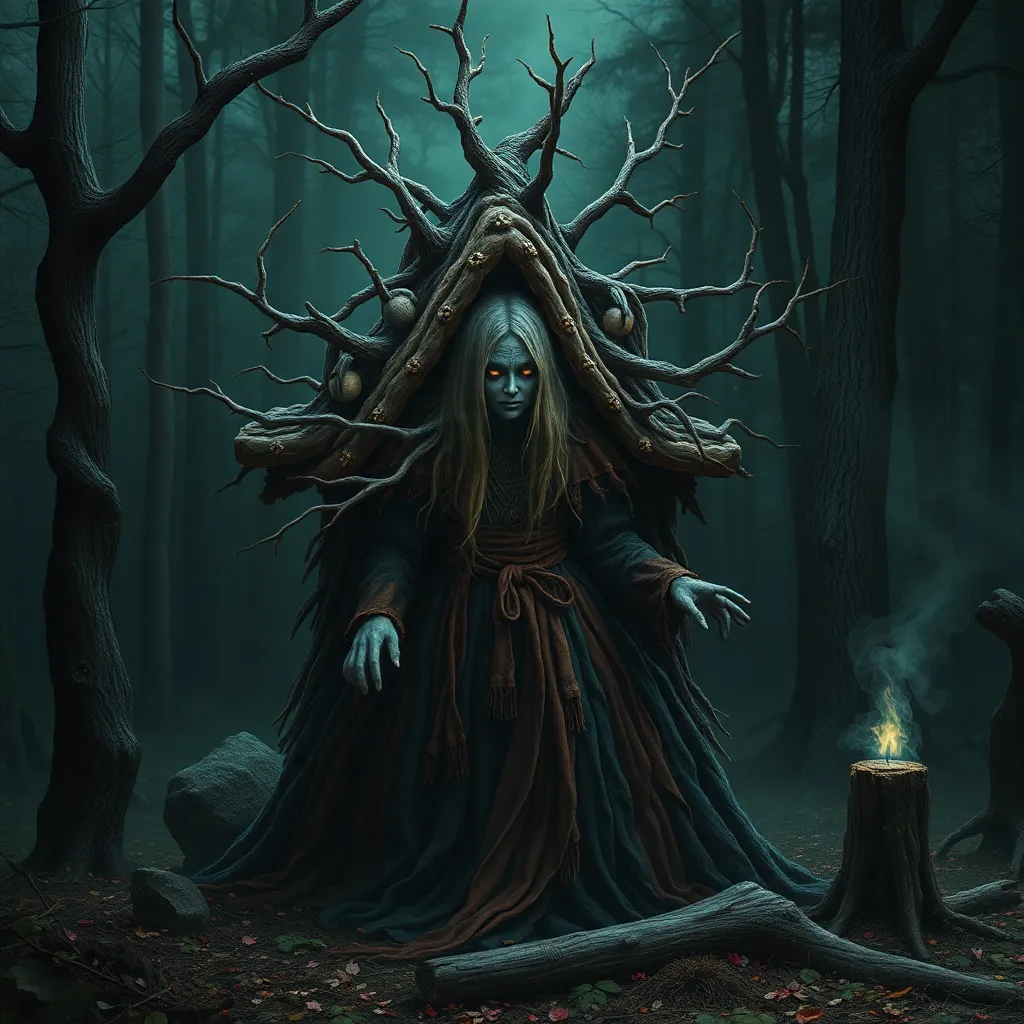End of Days: The Most Compelling Myths of the Apocalypse
Introduction: The Fascination with the End of Days
The concept of the apocalypse captivates the human imagination across cultures and eras. From ancient prophecies to modern interpretations, apocalyptic myths serve as a lens through which we view our fears and hopes about the future. These narratives often explore themes of destruction, renewal, and the ultimate fate of humanity, reflecting deep-rooted psychological and sociological factors.
Psychologically, apocalyptic beliefs can provide individuals with a sense of control over an uncertain future, often serving as a coping mechanism for existential anxieties. Sociologically, these myths can unify communities through shared beliefs, particularly during times of crisis or significant change.
Historical Context: Ancient Civilizations and Their Apocalypse Narratives
Ancient civilizations created intricate mythologies surrounding the end of the world, often reflecting their societal values and fears. These narratives played a crucial role in shaping their cultures and understanding of life.
- Mesopotamian Myths: The Epic of Gilgamesh describes a great flood sent by the gods to cleanse the earth, a story echoing across several cultures.
- Mayan Prophecies: The Mayan calendar’s end date in 2012 sparked widespread speculation about an impending apocalypse, though many scholars argue it was more about renewal than destruction.
- Egyptian Beliefs: The ancient Egyptians believed in a cycle of death and rebirth, with the sun god Ra navigating through the underworld each night, symbolizing renewal after chaos.
Religious Perspectives: Apocalyptic Themes in Major Religions
Religious texts across the globe contain vivid depictions of apocalyptic scenarios, often attributing cosmic significance to these events.
Christianity
The Book of Revelation offers one of the most detailed visions of the apocalypse, with its imagery of plagues, battles, and the final judgment. Interpretations vary widely:
- Literal Interpretation: Some view it as a prophecy of future events.
- Symbolic Interpretation: Others see it as an allegory for spiritual struggles.
Islam
In Islam, the Day of Judgment is a pivotal belief, with signs such as the appearance of the Mahdi and the return of Jesus preceding it. The Quran emphasizes accountability and the finality of divine justice.
Hinduism
The concept of Kali Yuga in Hinduism describes a cyclical view of time, where the current age is marked by moral decline and chaos, leading to eventual renewal in a new cycle.
Modern Myths: The Influence of Pop Culture on Apocalyptic Beliefs
The 20th and 21st centuries have seen an explosion of apocalyptic themes in popular culture, reflecting societal fears and anxieties. Literature, film, and media frequently explore scenarios of global catastrophe.
- Literature: Novels like “The Road” by Cormac McCarthy and “Station Eleven” by Emily St. John Mandel depict societies grappling with devastation.
- Film: Movies such as “Mad Max” and “The Day After Tomorrow” explore themes of survival amidst chaos.
- Television: Series like “The Walking Dead” and “The 100” question human morality in post-apocalyptic settings.
Scientific Predictions: Climate Change and the Potential for Catastrophe
Science plays a crucial role in shaping modern apocalyptic narratives, particularly concerning climate change. The consensus among scientists is that human activity is leading to catastrophic environmental consequences.
Climate change is often portrayed as a contemporary apocalypse, with potential outcomes including:
- Rising sea levels submerging coastal cities
- Severe weather patterns leading to widespread destruction
- Food and water shortages resulting in global conflicts
Technological Threats: The Rise of AI and Nuclear Catastrophe
As technology advances, fears about its implications for humanity grow. The rise of artificial intelligence has sparked debates about its potential to surpass human control.
Additionally, the threat of nuclear catastrophe remains a poignant aspect of apocalyptic myths. The Cold War era, with its constant threat of nuclear war, has left a lasting impact on collective consciousness.
Survivalist Cultures: The Prepper Movement and Its Roots in Apocalypse Myths
The prepper movement embodies a survivalist mentality rooted in apocalyptic beliefs. Individuals and communities prepare for potential disasters, stemming from a wide array of fears, from natural disasters to societal collapse.
Key characteristics of prepper culture include:
- Stockpiling food and supplies
- Building shelters and acquiring survival skills
- Forming networks with like-minded individuals
Social Commentary: Apocalypse as a Reflection of Current Events
Apocalyptic narratives often serve as a powerful tool for social commentary, critiquing political and social issues. Movements and protests frequently utilize these themes to express discontent with the status quo.
Examples include:
- Environmental protests framing climate change as an impending doom
- Political movements highlighting social inequality as a precursor to societal collapse
The Role of Hope and Renewal in Apocalyptic Myths
While apocalyptic myths often focus on destruction, they also include themes of hope and renewal. Many narratives emphasize redemption and the possibility of a new beginning after the end.
These stories can inspire positive change by encouraging individuals and communities to:
- Reflect on their values and priorities
- Take action to address pressing issues
- Foster connections and build supportive communities
Conclusion: The End of Days as a Cultural Mirror
Apocalyptic myths reveal much about humanity’s fears and hopes for the future. From ancient civilizations to modern society, these narratives reflect our deepest anxieties while also offering glimpses of renewal and hope. As we navigate the complexities of the contemporary world, understanding these myths can provide valuable insights into our collective psyche and the potential for positive change.




